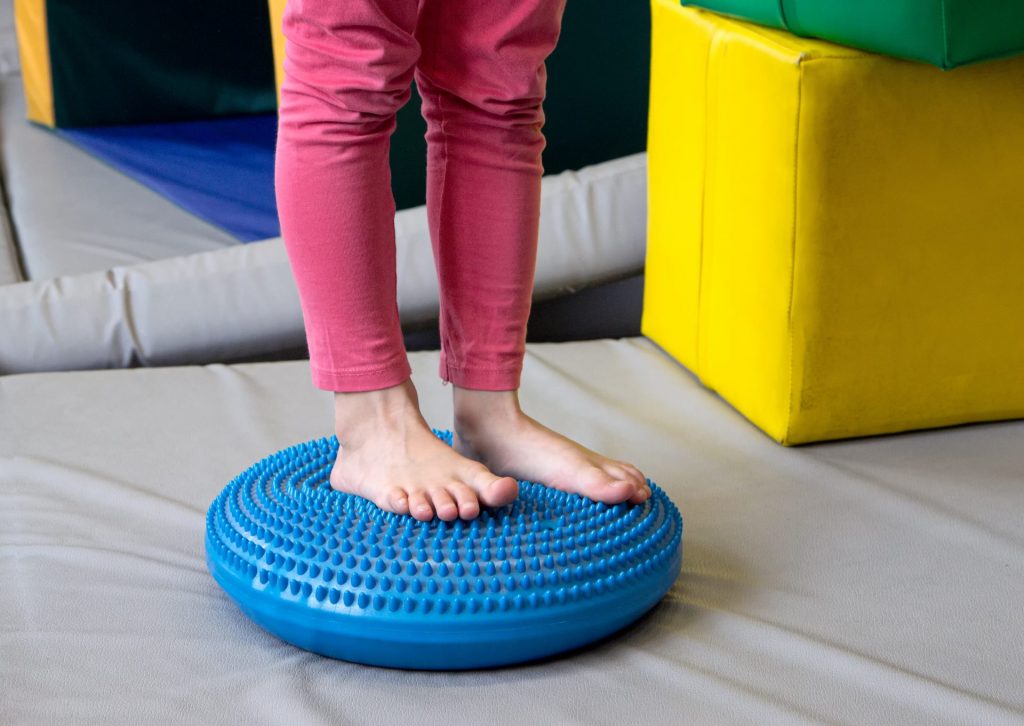Sensory processing disorder is a condition in which a person has trouble receiving the information that comes in through his senses. Many kids with SPD are often hypersensitive, and this is why certain food textures, smells, and sights might overwhelm your child at times. Kids with SPD might also struggle with coordination, and could have meltdowns over the smallest things. Other kids with SPD might be picky eaters and won’t wear certain types of clothing due to their sensory issues. Here are other warning signs of SPD.

Highly Distractible
Some kids with SPD might be easily distracted and bored. They thrive on activities that have lots of movement such as jumping, walking, running, and other types of play-based activities. This makes sitting still for homework or other everyday tasks difficult for those with this condition. It is also why many occupational therapists recommend a sensory diet as part of a child’s therapy if he was diagnosed with SPD.
Not Understanding Boundaries
A common characteristic of SPD is the lack of understanding of someone’s personal space. This explains why your child tends to get in your face frequently, get too friendly with strangers, or touch everything in sight even though some objects could hurt him.
Poor Motor Skills
There are also some kids with SPD whose motor skills aren’t the best. They might have a hard time with fine motor skills and it is difficult for them to learn how to tie shoelaces, hold a pencil, write words on paper, or dress themselves properly. Other kids with SPD struggle with gross motor skills and it affects their ability to catch a ball or walk without losing balance.
Extreme Picky Eating
All kids can be picky eaters at times, but if your child will only eat crunchy foods or have a severely limited diet, then he might have SPD. Your child might also have extreme food texture preferences such as spicy or sour foods.
How To Get Help for Your Child
The first step is to meet with your pediatrician and discuss the concerns you have about your child. From there, the pediatrician would recommend a good occupational therapist or pediatric neurologist in your area. Once your child is diagnosed, he can begin occupational therapy and any additional treatment to improve his symptoms.
In conclusion, your child can thrive with SPD. With the best treatment, patience, and effort from you, your child will succeed despite his condition.
If you need help with getting a SPD diagnosis and treatment for your child, contact us. We’re here to assist you in getting the services you need.
